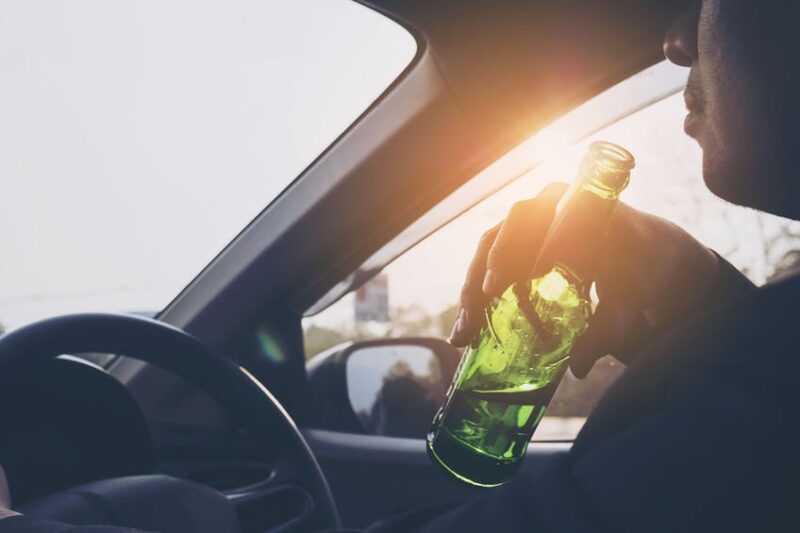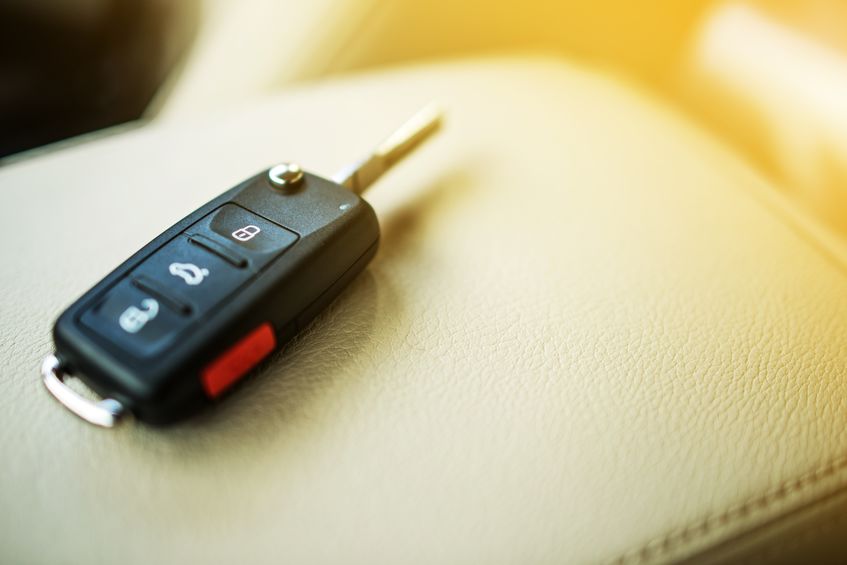Does Indiana have an implied consent law?
May 23, 2019

First and foremost — don’t drink and drive! However, If you get pulled over for drunk driving and the police officer asks you to submit to a breathalyzer, you may be tempted to refuse. After all, the results of a lawfully conducted certified breathalyzer test may be admissible in court, so failing one could give the prosecutor more ammunition to use against you. However, before you choose to refuse, you should familiarize yourself with Indiana’s implied consent law.
Under this law, every driver in the state automatically consents to take chemical tests under certain circumstances. If the police have probable cause to believe that you’re driving under the influence of drugs or alcohol, they can request a chemical test (i.e. breathalyzer test), and you’ll likely be arrested if you do not consent.
Below is an overview of the penalties drivers could face for violating Indiana’s implied consent law:
1. A Driver’s License Suspension
If this is your first offense of an OWI (operating while intoxicated), and you refuse to submit to a breathalyzer test, the Indiana Bureau of Motor Vehicles or a court can suspend your license for one year. But if you have a prior OWI conviction on your record, and you violate the implied consent law, you may face a two-year license suspension.
2. Ineligibility for Special Privileges

In many cases, people with a suspended license can seek special privileges. For example, they may be allowed to drive to and from a place of employment if they agree to install and maintain an ignition interlock device in their vehicle. If your license was suspended because you refused to submit to a chemical test, though, you won’t be eligible for such privileges.
3. A Criminal Trial
Depending on the circumstances, you could be charged with an OWI even if there’s no record of your blood alcohol concentration. There may be other evidence of impairment such as an open container from the vehicle, surveillance footage of you leaving a drinking establishment, and/or footage of you driving erratically. Police may also submit your refusal as evidence in court.
Do I have to consent to field sobriety tests?

Like chemical tests, police use field sobriety tests (FSTs) to gather evidence of impairment during traffic stops. However, drivers who are suspected of operating while impaired can refuse to take FSTs without facing direct penalties. In other words, Indiana’s implied consent law does not apply to FSTs, and since the results of these tests are sometimes unreliable, you may not always want to submit to them.
It’s even possible for a sober person to fail FSTs. For example, if you have vertigo or limited mobility, you may be unable to perform the walk-and-turn test or the stand-on-one-leg test. Likewise, if you have glaucoma or take certain medications, it may be impossible for you to pass the horizontal gaze nystagmus test. As such, it may be advisable to refuse to take FSTs even if the driver hasn’t been drinking.
Discuss your case with a criminal defense attorney in Lafayette.

If you’re facing charges for refusing a breathalyzer test or operating a vehicle while intoxicated, contact Ball Eggleston. Call (765) 742‑9046 or fill out our contact form to schedule a case evaluation with a criminal defense lawyer in Lafayette.
Contact us today to schedule a consultation with one of our experienced attorneys.
Ball Eggleston — a Lafayette, Indiana law firm — is located at 201 Main Street, Suite 810 P.O. Box 1535 Lafayette, IN 47902. Contact Ball Eggleston by phone at (765) 742‑9046, by fax at (765) 742‑1966, or by email at info@ball-law.com. For additional information, find Ball Eggleston online at ballegg.local.
You can also find the firm on Facebook.
Disclaimer: The content of this blog is intended to be general and informational in nature. It is advertising material and is not intended to be, nor is it, legal advice to or for any particular person, case, or circumstance. Each situation is different, and you should consult an attorney if you have any questions about your situation.